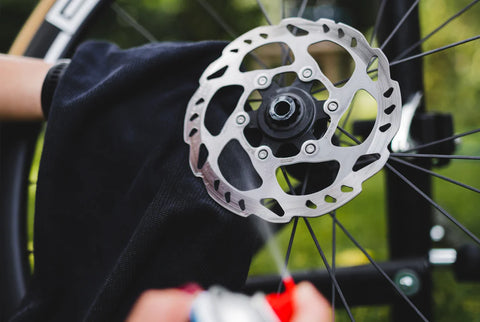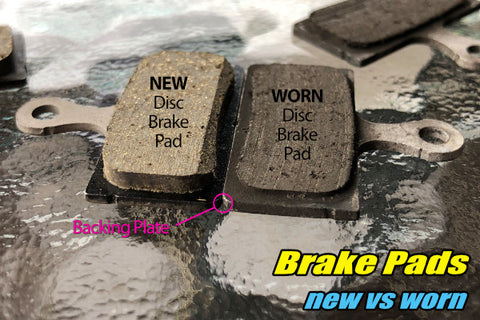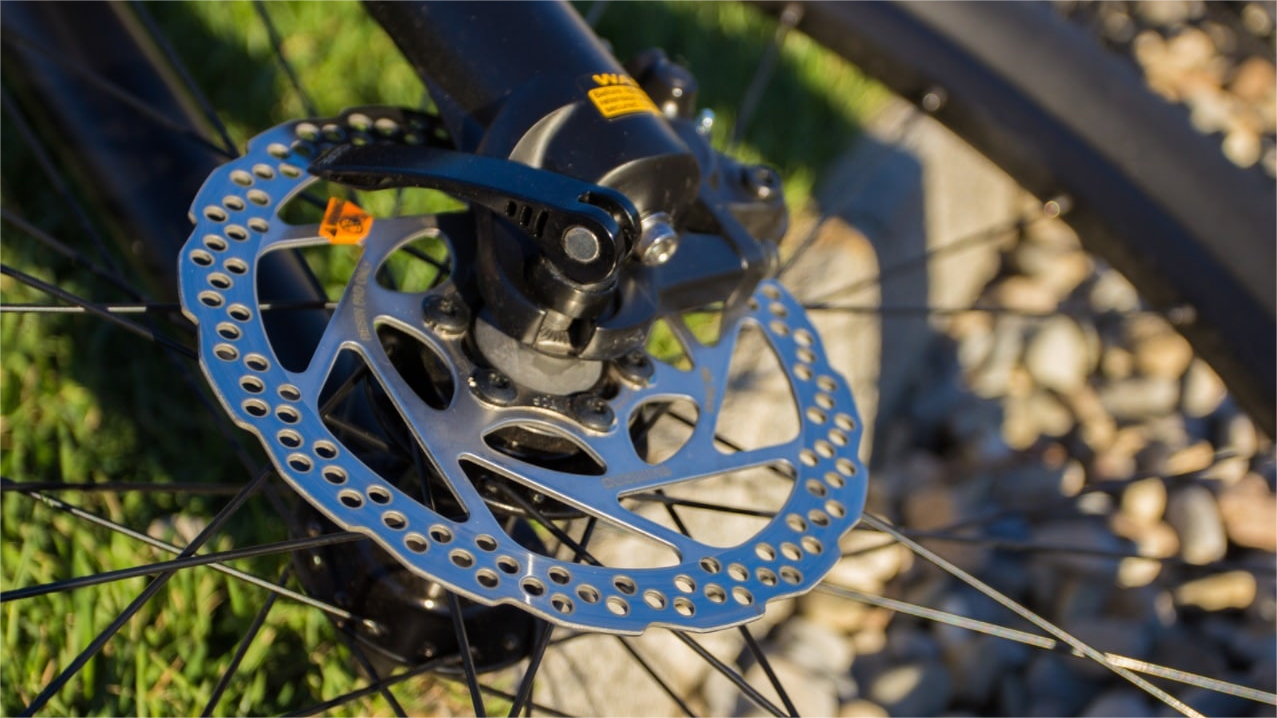Introduction
Are you tired of the annoying squeaking sound coming from your bicycle's disc brakes? You're not alone. Squeaky brakes can be a common nuisance for cyclists, but fear not! We're here to provide you with the ultimate guide on how to silence those squeaks and enjoy a smoother, quieter ride.
Understanding the Problem
Before we dive into solutions, it's essential to understand why your bicycle's disc brakes are squeaking in the first place. The most common cause of brake squeaking is contaminated brake pads. Dirt, oil, or debris buildup on the brake pads can lead to noisy braking. Additionally, misaligned calipers, worn brake pads, or improper bedding-in can also contribute to brake squeaking.
Steps to Silence Squeaky Brakes
Clean the Rotors and Pads
Start by cleaning the brake rotors and pads thoroughly. Use isopropyl alcohol and a clean rag to wipe down the rotors and brake pads. Remove any dirt, oil, or residue that may have accumulated. Ensure the pads are dry before reinstalling them.

Check Brake Pad Wear
Inspect the brake pads for signs of wear. If the pads are worn unevenly or have become too thin, they may need to be replaced. Worn brake pads can cause squeaking and compromise braking performance.

Align Calipers Properly
Ensure that the brake calipers are properly aligned with the rotors. Misaligned calipers can cause uneven contact between the brake pads and rotors, leading to squeaking. Adjust the calipers as needed to ensure they are centered and parallel to the rotors.
Bed-In Brake Pads
Perform a bed-in process for the brake pads if they are new or recently replaced. This process helps transfer a layer of brake pad material onto the rotor surface, improving braking performance and reducing noise. To bed-in the brake pads, find a safe area to ride and apply moderate braking force from medium speeds multiple times.
Use Proper Braking Technique
Practice smooth, controlled braking to avoid unnecessary noise and wear on your brakes. Avoid harsh, sudden braking whenever possible, as this can lead to brake squeaking and premature wear of the brake pads.
Tighten Loose Components
Check for any loose bolts or components in the braking system. Loose hardware can cause vibrations and noise during braking. Ensure all bolts and mounting hardware are properly tightened to eliminate any potential sources of noise.
Consider Quiet Brake Pads
If brake squeaking persists despite your efforts, consider switching to quiet brake pads specifically designed to minimize noise. Organic or semi-metallic brake pads are known for their quiet operation and can help silence squeaky brakes.
Conclusion
By following these steps, you can effectively silence squeaky bicycle disc brakes and enjoy a smoother, quieter riding experience. Remember to regularly maintain and inspect your brakes to prevent issues from occurring in the future.



Share:
How often should an e-bike be serviced?
Introducing the Rebel.2: 2024 Best Ultimate Folding Electric Bike